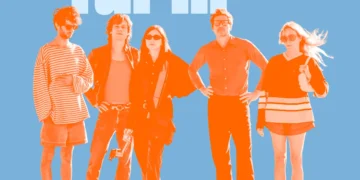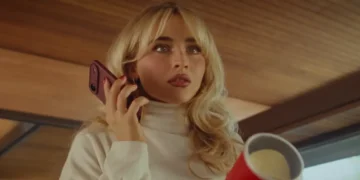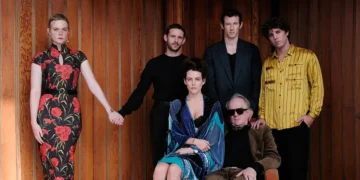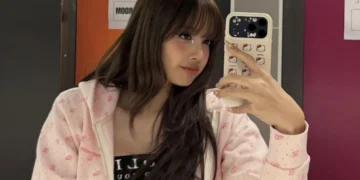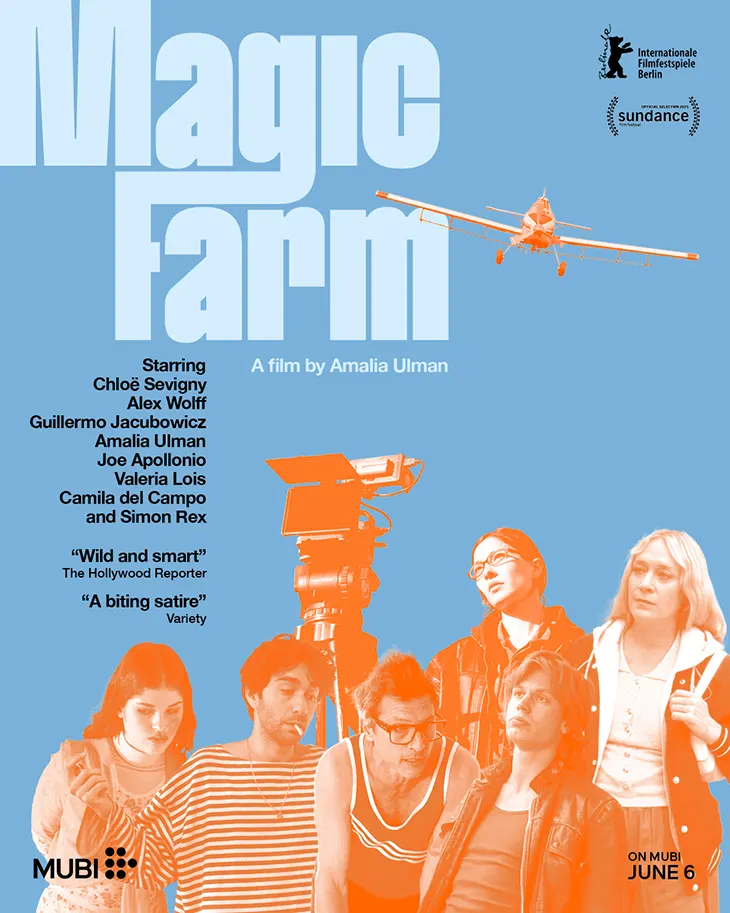
MUBI will stream Magic Farm, the latest feature by Amalia Ulman, starting 6 June 2025. The film, which premiered at both the Berlinale and Sundance Film Festival, stars Chloë Sevigny, Alex Wolff, Joe Apollonio, Camila del Campo, Simon Rex, and Ulman herself. It draws from the visual and narrative language of early 2010s hipster journalism and satirizes the gap between appearance and truth in media representation.
MOVIES
The story follows an American documentary crew that arrives in the wrong Argentine town, convinced they’ve found the next viral trend. Instead of reporting facts, they manufacture a story with the help of locals, staging a fake music movement to feed their production. As they push the idea forward, tensions grow, and a deeper health emergency begins to surface. Ulman uses this plot to explore how outsiders distort narratives, often with little regard for the consequences.
Ulman based the script on firsthand experience. Her family in rural Argentina suffered from the effects of agrochemicals, including a relative who lost her eyesight after prolonged exposure to glyphosate spraying near Monsanto fields. That personal event, paired with her interest in the pseudo-journalistic content boom of the 2010s, led her to connect health concerns and exploitation through the lens of fake documentaries.
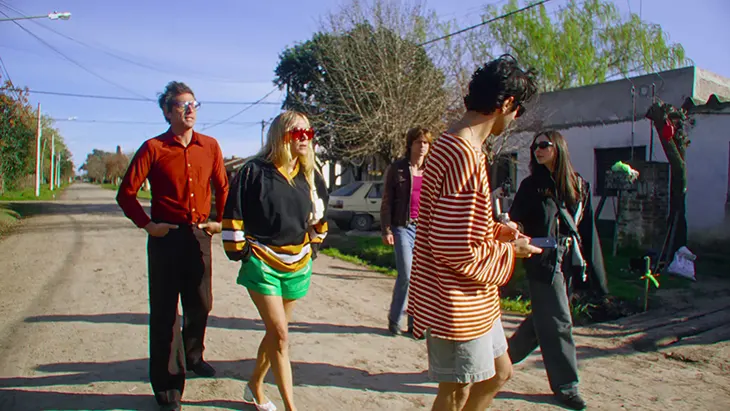
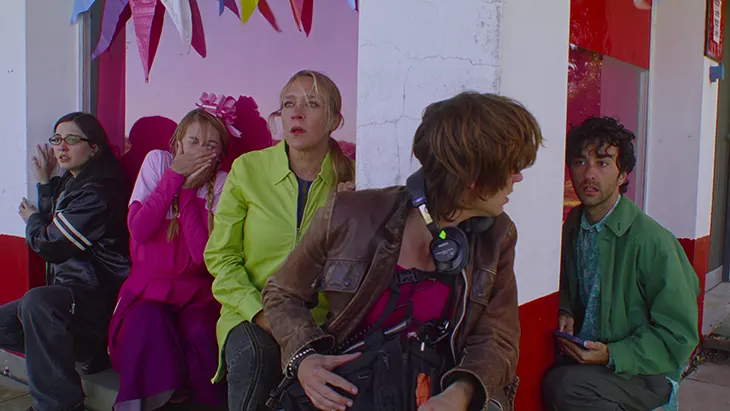
She grew up surrounded by Gen X media culture. Her father ran a skateboard company in the ’80s and collected Vice magazines in the ’90s. Those magazines, often filled with edgy language and visual provocation, shaped Ulman’s understanding of taste, coolness, and narrative control. Magic Farm uses this world as its reference point, especially through the character of Edna, played by Chloë Sevigny. Ulman wrote the role with her in mind, tying the Gen X aesthetic directly to the story’s media critique.
Visually, Ulman draws on her background as a video artist. She incorporated techniques like attaching a GoPro to a street dog, and she used Cupcut transitions borrowed from TikTok to give the film an unpolished, spontaneous feel. These visual decisions reflect the DIY qualities of both skater videos and online storytelling, formats that once thrived on rule-breaking and spontaneity.
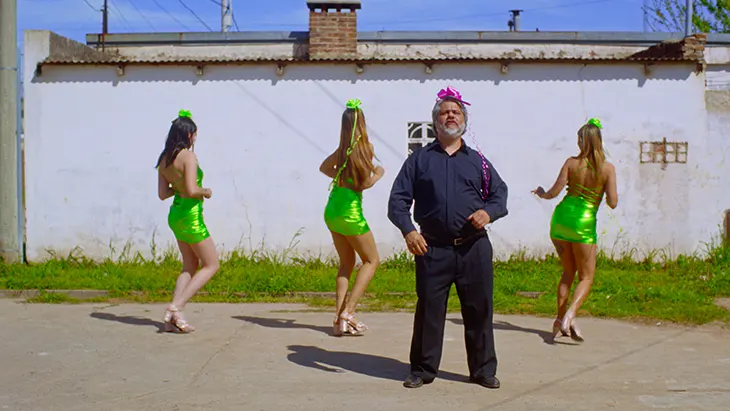
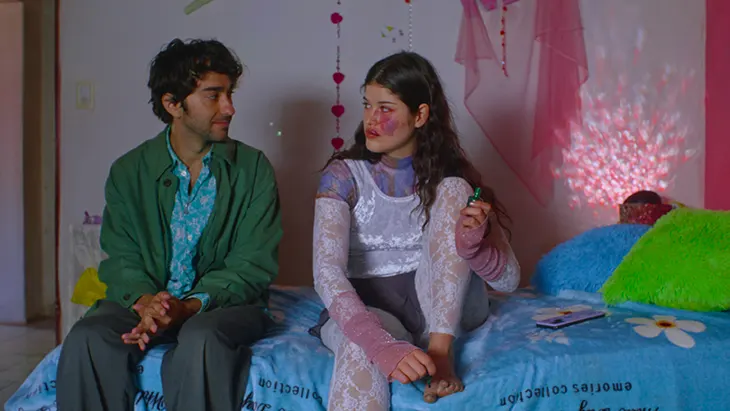
Ulman also worked with a wide range of local actors, including individuals with visible disabilities. Mateo Vaquer Ruiz de los Llanos, discovered on TikTok, plays a key role and improvised much of his dialogue. Ulman refused to disguise disabilities with costuming or makeup, choosing instead to present her actors as they are. She emphasized how the camera’s gaze shifts perception. Audiences may pause for a moment at first glance, but once a person becomes familiar, the surface details no longer matter.
Much of Magic Farm reflects Ulman’s mixed identity as both insider and outsider. She has lived in Spain, Argentina, Mexico, and the United States, often existing in ambiguous roles, at times the immigrant, other times the privileged guest. In the film, the American crew misjudges the town’s surface while the locals hide critical truths about environmental damage. Neither side fully communicates, and both remain caught in roles that protect their narratives.
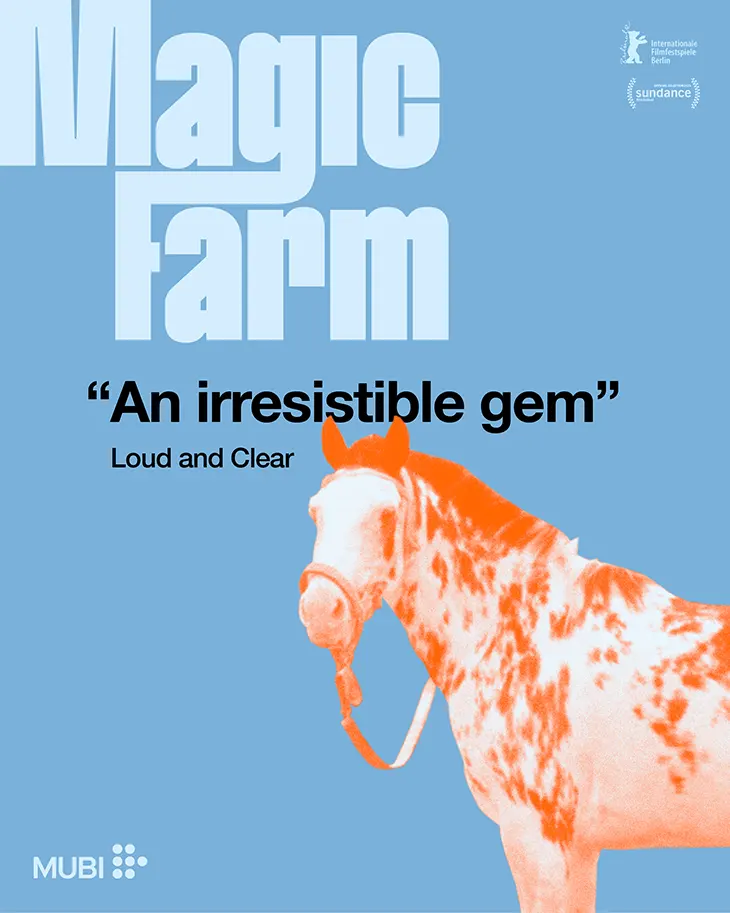
Magic Farm continues the themes Ulman explored in El Planeta, her debut feature. That film premiered at Sundance in 2021 and opened MoMA’s New Directors/New Films series. It earned two Gotham Award nominations and the 2022 Heterodox Award at Cinema Eye Honors. Ulman also made waves in contemporary art with Excellences & Perfections (2014), a fictional social media project later exhibited at the Tate Modern and archived by the New Museum.
MUBI’s exclusive release of Magic Farm gives Ulman a platform to push her hybrid storytelling further. Through ensemble acting, rough edits, and layered narratives, she questions how people tell stories and who gets to tell them. As media consumption grows more chaotic, Magic Farm offers a chaotic mirror, one packed with characters who lie, perform, and occasionally connect, even when no one’s watching.
